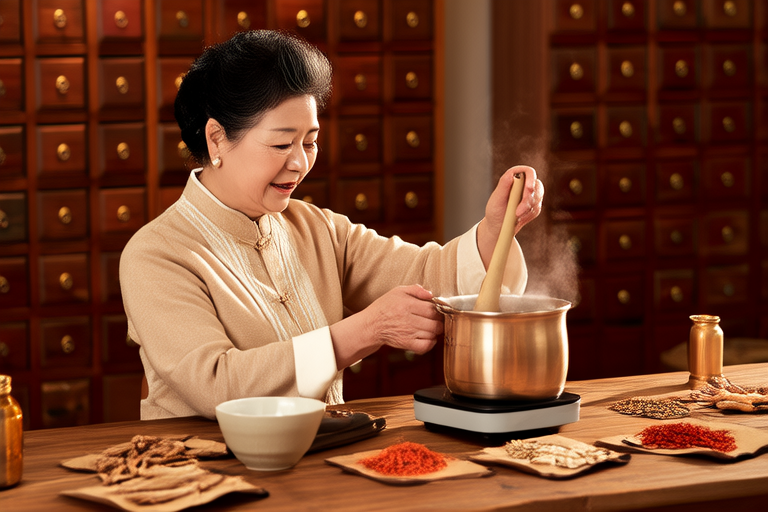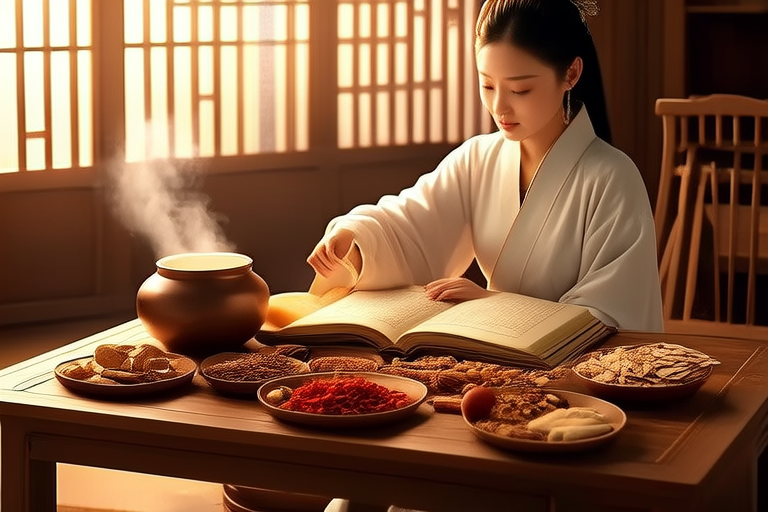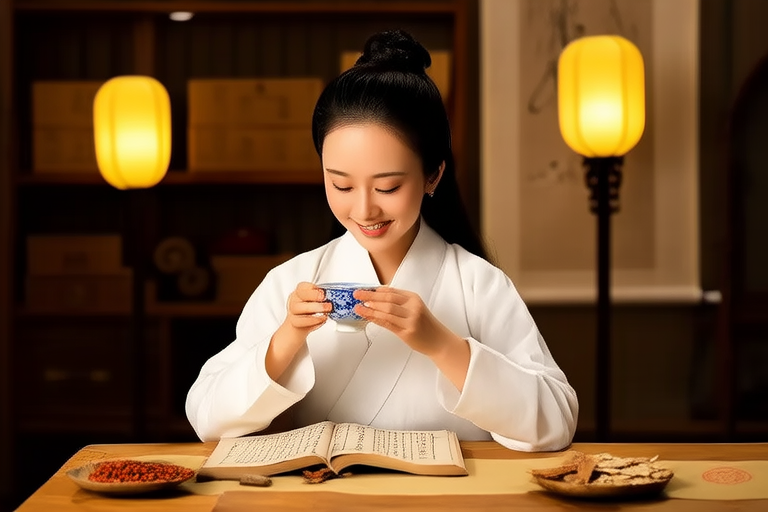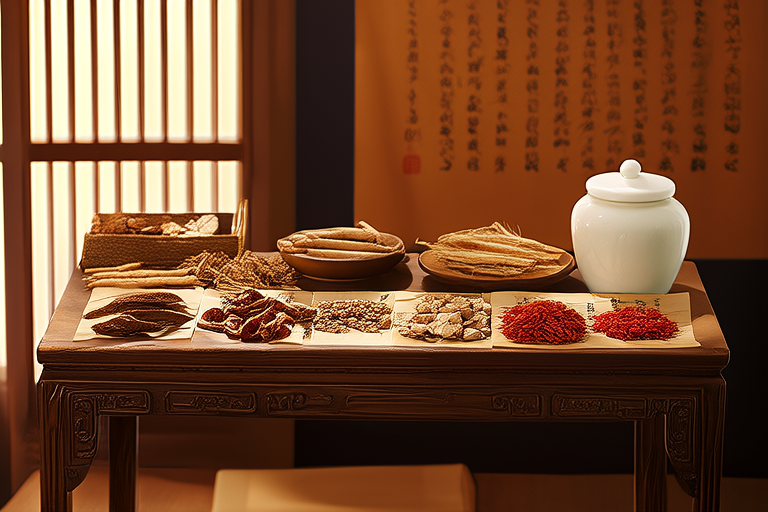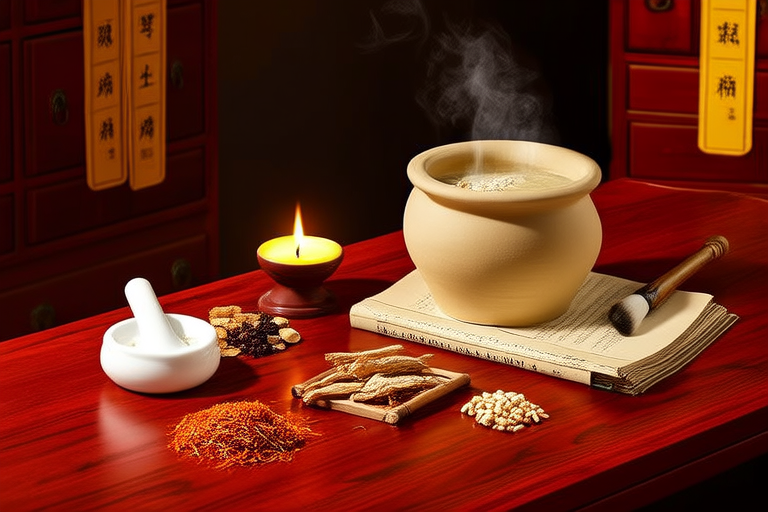Unlocking the Secrets of Longevity: A Guide to Traditional Chinese Medicine Health Preservation
In a world increasingly focused on health and wellness, the ancient wisdom of Traditional Chinese Medicine (TCM) offers timeless insights into achieving longevity and vitality. Rooted in thousands of years of practice, TCM provides a holistic framework for maintaining balance and harmony within the body, mind, and spirit. This article delves into the core principles, practices, and philosophies of TCM that contribute to health preservation and longevity.
The Core Concepts of Traditional Chinese Medicine
To understand how TCM promotes longevity, it is essential to explore its foundational concepts: Qi, Yin-Yang balance, and the Five Elements. These principles form the backbone of TCM’s approach to health preservation.
Qi: The Vital Life Force
At the heart of TCM lies the concept of Qi (pronounced “chee”), often translated as “vital energy” or “life force.” Qi flows through the body along pathways known as meridians, nourishing organs, tissues, and systems. When Qi is abundant and flowing freely, the body remains healthy and vibrant. However, blockages or deficiencies in Qi can lead to illness and imbalance.
Health preservation in TCM focuses on cultivating and maintaining Qi through practices like acupuncture, herbal medicine, and mindful living. By ensuring the smooth flow of Qi, individuals can enhance their vitality and resilience, paving the way for a longer, healthier life.
Yin-Yang Balance: Harmony Within
The principle of Yin and Yang represents the dynamic interplay of opposites—such as light and dark, hot and cold, or active and passive—that exist within all aspects of life. In TCM, health is achieved when Yin and Yang are in balance. An excess or deficiency of either can disrupt bodily functions and lead to disease.
For example, an overabundance of Yang might manifest as inflammation or excessive heat in the body, while a lack of Yin could result in dryness or fatigue. TCM practitioners use various methods, such as dietary adjustments and acupuncture, to restore this delicate equilibrium and promote long-term well-being.
The Five Elements: Nature’s Blueprint
The Five Elements theory—Wood, Fire, Earth, Metal, and Water—further enriches TCM’s understanding of health. Each element corresponds to specific organs, emotions, seasons, and physiological processes. For instance:
- Wood: Associated with the liver and gallbladder, symbolizing growth and flexibility.
- Fire: Linked to the heart and small intestine, representing warmth and vitality.
- Earth: Connected to the spleen and stomach, signifying nourishment and stability.
- Metal: Related to the lungs and large intestine, embodying purity and strength.
- Water: Tied to the kidneys and bladder, reflecting fluidity and adaptability.
By aligning one’s lifestyle with the natural cycles represented by the Five Elements, individuals can harmonize their internal environment with the external world, fostering longevity and resilience.
Practical Methods for Health Preservation in TCM
TCM offers a range of practical techniques designed to preserve health and extend lifespan. These methods address physical, emotional, and spiritual dimensions, creating a comprehensive approach to wellness.
Acupuncture: Restoring Energy Flow
Acupuncture is perhaps the most widely recognized TCM practice. It involves inserting fine needles into specific points along the body’s meridians to regulate the flow of Qi. This technique not only alleviates pain and discomfort but also supports overall health by addressing underlying imbalances.
Regular acupuncture sessions can boost immunity, reduce stress, and improve sleep quality—all critical factors for longevity. Additionally, acupuncture helps maintain organ function and prevents chronic conditions from developing, making it a cornerstone of preventive care in TCM.
Herbal Medicine: Nature’s Pharmacy
Herbal medicine plays a central role in TCM’s approach to health preservation. Thousands of plant-based remedies have been meticulously studied and documented over centuries, offering solutions tailored to individual needs. Common herbs include ginseng for energy, goji berries for immune support, and astragalus for kidney health.
Unlike Western pharmaceuticals, which often target isolated symptoms, TCM herbal formulas aim to treat the root cause of ailments while promoting systemic balance. Herbal teas, tinctures, and decoctions are commonly used to strengthen the body’s defenses and slow the aging process.
Dietary Therapy: Nourishing the Body
In TCM, food is considered medicine. Dietary therapy emphasizes eating according to one’s constitution, season, and specific health goals. Foods are classified based on their energetic properties—cooling, warming, drying, or moistening—and their effects on the organs.
For example, during winter, warming foods like ginger, garlic, and lamb may be recommended to counteract the cold climate. Conversely, cooling foods such as cucumber and watermelon are ideal for summer months. By adopting a balanced diet aligned with TCM principles, individuals can optimize digestion, metabolism, and overall vitality.
Lifestyle Recommendations: Living in Harmony
Beyond specific treatments, TCM advocates for a lifestyle rooted in mindfulness and moderation. Key recommendations include:
- Exercise: Practices like Tai Chi and Qigong combine gentle movement with breath control to cultivate Qi and enhance flexibility.
- Sleep: Adequate rest is crucial for restoring Yin and allowing the body to repair itself.
- Emotional Well-Being: Managing stress and cultivating positive emotions contribute to balanced Qi and improved health outcomes.
- Seasonal Awareness: Adapting daily routines to seasonal changes ensures alignment with nature’s rhythms.
By integrating these habits into daily life, individuals can create a sustainable foundation for long-term health and longevity.
How TCM Contributes to Overall Well-Being and Longevity
TCM’s holistic approach addresses the interconnectedness of the body, mind, and spirit, making it uniquely suited to promoting longevity. Rather than focusing solely on treating diseases, TCM prioritizes prevention and maintenance, empowering individuals to take charge of their health.
One of the key strengths of TCM is its emphasis on personalized care. Practitioners tailor treatments to each person’s unique constitution, ensuring that interventions are both effective and sustainable. This individualized approach fosters deeper self-awareness and encourages proactive health management.
Moreover, TCM’s focus on balance and harmony resonates with modern scientific findings about the importance of homeostasis in maintaining health. Studies have shown that practices like meditation, acupuncture, and herbal supplementation can positively impact biomarkers associated with aging, such as inflammation levels and cellular regeneration.
Ultimately, TCM teaches us that longevity is not merely about extending lifespan but enhancing quality of life. By nurturing our physical, emotional, and spiritual well-being, we can age gracefully and enjoy vibrant health throughout our years.
Conclusion
Traditional Chinese Medicine offers profound insights into the art of living well and aging gracefully. Through its core principles of Qi, Yin-Yang balance, and the Five Elements, coupled with practical methods like acupuncture, herbal medicine, dietary therapy, and lifestyle recommendations, TCM provides a roadmap for achieving lasting vitality.
As interest in holistic health continues to grow, the timeless wisdom of TCM serves as a valuable guide for those seeking to unlock the secrets of longevity. By embracing its teachings and incorporating them into our lives, we can cultivate harmony within ourselves and with the world around us, paving the way for a fulfilling and enduring existence.






